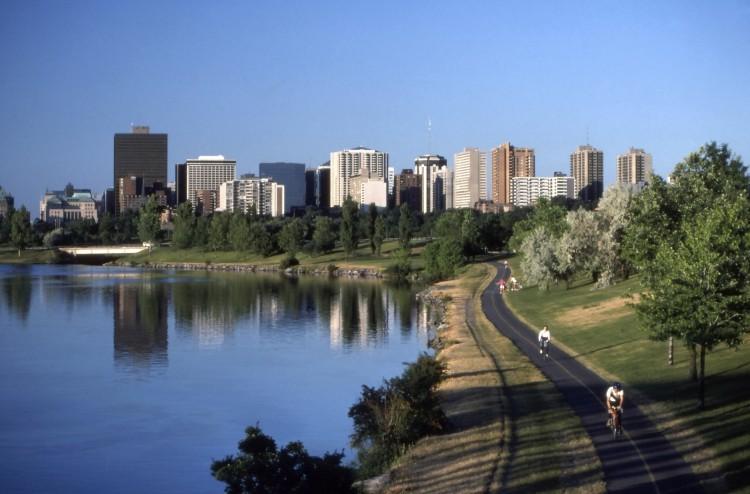The Sir John A. Macdonald Parkway in Ottawa, named for Canada’s first prime minister, is set to get a new indigenous name by fall 2023, this time based on a a First Nations “naming and engagement exercise.”
The board of directors of the National Capital Commission (NCC), a Crown corporation, unanimously voted on Jan. 19 to rename the parkway, “reflecting the longstanding and important relationship of the Algonquin Nation to the Ottawa River along which the Parkway runs.”





